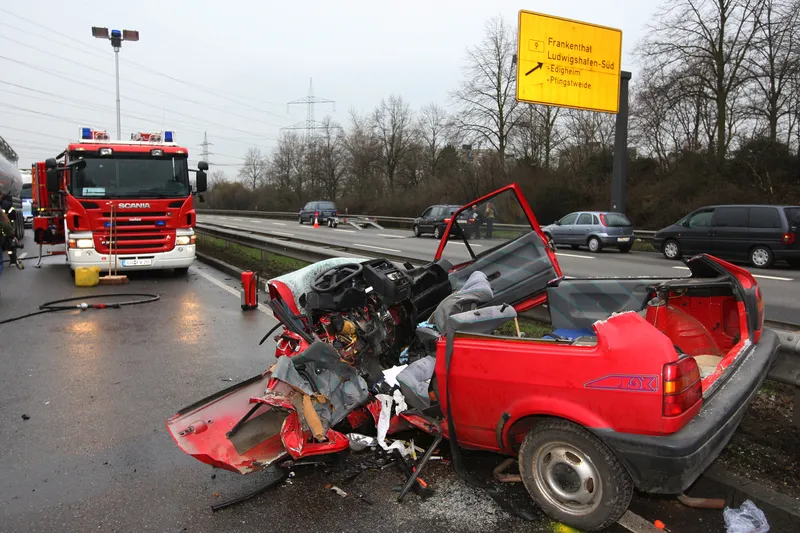AAA Michigan says it is extremely disappointed that legislation which allows some motorcyclists to ride without a helmet on the state's roadways has been signed into law by Governor Rick Snyder. Public Act 98, which has now come into effect, is poor public policy and will increase motorcycle fatalities and injuries, AAA Michigan reports. The repeal erases more than three decades of Michigan's mandatory helmet law. The new law allows motorcyclists to ride without a helmet if they have a $20,000 medical poli
April 17, 2012
Read time: 2 mins
The repeal erases more than three decades of Michigan's mandatory helmet law. The new law allows motorcyclists to ride without a helmet if they have a $20,000 medical policy, have had the cycle endorsement for at least two years, or completed a motorcycle safety course.
The repeal of the motorcycle helmet law will result in at least 30 additional motorcycle fatalities each year, along with 127 more incapacitating injuries and $129 million in added economic costs to Michigan residents. This analysis by the Michigan Office of Highway Safety Planning is based on the experience of other states where similar measures have been enacted. As evidenced by increased medical costs passed on to taxpayers, motorcycle deaths and long-term catastrophic injuries are on the rise.
Motorcycle crashes account for a disproportionate share of money paid out of the









